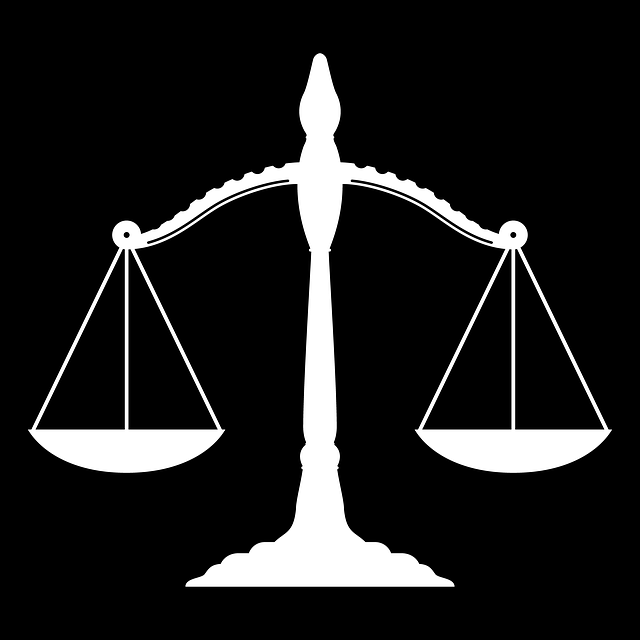In a highly regulated healthcare sector, Understanding Exchange Regulation Compliance Requirements is vital for success. This involves navigating complex federal and state laws governing pharmaceuticals and medical devices, ensuring data privacy and security (especially in the digital age), adhering to ethical standards in research, and managing risks to protect patients and institutions from legal consequences. Non-compliance invites penalties and damage to public trust, making skilled legal guidance essential. Organizations that prioritize these compliance requirements not only mitigate risks but also enhance their reputation for quality care and operational integrity.
In the dynamic landscape of healthcare, navigating legal issues is paramount for providers and patients alike. This comprehensive guide delves into critical aspects of healthcare law, focusing on exchange regulation compliance requirements, ensuring ethical practices, and safeguarding patient data. By understanding the intricate legal framework, healthcare professionals can manage risks, uphold privacy, and foster a trustworthy environment for clinical trials and patient care.
- Exchange Regulation Overview: Understanding the Legal Framework
- Compliance Requirements for Healthcare Providers
- Data Privacy and Security: Protecting Patient Information
- Ethical Considerations in Clinical Trials and Research
- Navigating Liability and Risk Management Strategies
Exchange Regulation Overview: Understanding the Legal Framework

The landscape of healthcare law is complex, with a robust regulatory framework designed to protect patients and ensure ethical practices. At the heart of this lies the understanding of exchange regulation, which governs the buying, selling, and distribution of pharmaceuticals and medical devices. This legal framework, comprising federal and state laws, dictates how these products move from manufacturers to distributors and eventually to healthcare providers and individual clients.
Compliance with exchange regulation is paramount for businesses in the healthcare sector. Corporate and individual clients alike must navigate these requirements meticulously to avoid legal pitfalls. Skilled attorneys play a pivotal role in guiding their clients through this intricate web, ensuring adherence to regulations and often securing winning challenging defense verdicts. The ability to decipher and adhere to these rules is crucial to maintaining operational integrity and mitigating potential risks.
Compliance Requirements for Healthcare Providers

Healthcare providers must navigate a complex web of legal requirements to ensure they maintain compliance with Exchange Regulation. Understanding these regulations is crucial for achieving extraordinary results in patient care and avoiding potential legal pitfalls that could lead to significant penalties. Compliance involves adhering to specific standards related to data privacy, security, billing practices, and patient rights, among others.
By prioritizing exchange regulation compliance requirements, healthcare organizations not only mitigate risks but also foster trust within the philanthropic and political communities. This commitment to compliance is a testament to their dedication to providing quality care while upholding the highest legal standards. Moreover, it demonstrates their ability to navigate complex regulatory landscapes, ensuring they remain at the forefront of the industry and deliver exceptional patient experiences.
Data Privacy and Security: Protecting Patient Information

In the digital age, healthcare organizations face heightened scrutiny regarding data privacy and security. Patient information is a valuable yet sensitive asset, making it imperative for institutions to understand and comply with exchange regulation compliance requirements. This involves implementing robust measures to safeguard electronic protected health information (ePHI) from unauthorized access, use, or disclosure, as mandated by regulations like HIPAA in the United States. A key aspect of this is ensuring secure data transmission and storage practices, employing encryption technologies, and establishing comprehensive access control protocols.
Beyond compliance, addressing these issues is crucial for maintaining patient trust and reputation. Data breaches can lead to significant legal repercussions, including high-stakes cases involving substantial fines and lawsuits under both civil and criminal law. As such, a strong white collar defense strategy should encompass proactive risk management, thorough employee training, and regular audits to identify and mitigate vulnerabilities at all stages of the investigative and enforcement process. This holistic approach not only helps healthcare providers avoid legal pitfalls but also fosters an environment of trust and confidence among patients.
Ethical Considerations in Clinical Trials and Research

In the realm of healthcare, ethical considerations are paramount during clinical trials and research. Understanding Exchange Regulation Compliance Requirements is crucial to navigating this complex landscape. Researchers must uphold the highest standards of integrity, ensuring informed consent from participants, protecting their privacy, and minimizing potential harms. Adhering to these guidelines not only avoids legal repercussions but also fosters public trust.
The intricacies of healthcare law demand a meticulous approach to research design and execution. Ethical committees play a pivotal role in scrutinizing protocols, evaluating risks versus benefits, and safeguarding the rights of vulnerable populations. By prioritizing ethical practices, researchers can build an unprecedented track record of successful, responsible, and sustainable clinical trials, thereby advancing medical knowledge while upholding moral principles.
Navigating Liability and Risk Management Strategies

Navigating liability and risk management is a critical aspect of healthcare operations, as medical professionals and institutions must adhere to stringent regulations while managing potential risks. Understanding exchange regulation compliance requirements is essential for minimizing exposure and mitigating legal challenges. Healthcare organizations must implement robust systems to ensure adherence to federal and state laws, including HIPAA (Health Insurance Portability and Accountability Act) and relevant business practices that promote patient safety and data privacy.
By focusing on proactive risk management strategies, healthcare providers can avoid winning challenging defense verdicts and, more importantly, prevent indictment. This involves regular audits, staff training, and the development of protocols for handling adverse events or breaches. A comprehensive risk management approach not only protects against legal repercussions but also fosters a culture of continuous improvement within the respective business, ultimately enhancing patient care and operational efficiency.
In navigating healthcare legal issues, understanding exchange regulation compliance requirements, data privacy protocols, ethical research practices, and risk management strategies is paramount. As the healthcare landscape evolves, staying informed about regulatory changes and best practices ensures patient safety, maintains provider integrity, and fosters a trustworthy healthcare environment. By addressing these key areas, healthcare professionals can confidently navigate the complex legal terrain, ultimately enhancing patient outcomes and the overall quality of care.






